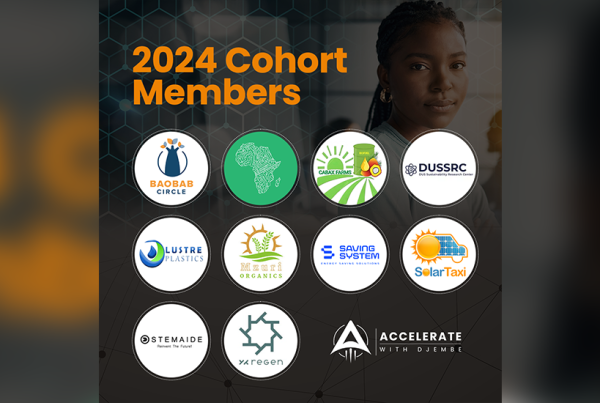Over the last few years, social media use by corporations across the African continent has skyrocketed, changing the way in which brands can boost their interactions online. Decision makers now find themselves identifying different ways to optimize campaigns on social media to support business objectives – because traditional media alone no longer quite makes the cut.
In a market such as Ghana, where billboards and traditional communications tactics were the only accepted channels for so long, social media is new to many organizations. But those who are doing it creatively and with insight into their market are grabbing the attention of their consumers in an incredibly effective way.
Relationship building and engagement is greatly valued; and social media has allowed corporations to take part in one-to-one interactions with consumers, an impossible feat just ten years ago. More importantly, social stakeholder engagement provides another window for research and insight as views and opinions about organizations are voiced openly. As such, they are readily available for analysis, which forms an important part of what we deliver for our own clients.
Unfortunately, it’s evident that organizations sometimes treat social media as an extension of their existing PR and marketing channels as opposed to a distinct function, thereby ignoring the true nature of social media and its advantages. Stakeholders are no longer targets to which PR and comms must be done to, but rather, in conjunction with.
In the innovation space, social media provides a powerful platform for like-minded organizations to create mutually beneficial relationships and partnerships. Our recent work with the Zayed Sustainability Prize consisted of in-market roadshows to encourage innovative businesses to apply. However, several of our target markets were not those we were physically present in. In this case, stakeholder outreach through social media was our key to finding eligible organizations.
Businesses should, however, retain an element of caution: social media was designed (and has evolved) to encourage natural, organic conversations and networking amongst users. It works least well when companies throw out adverts or blatant marketing.
Stakeholders and consumers are cautious of the information and content that organizations share as they are increasingly aware that these messages are curated for reputation management purposes, and do not necessarily represent reality. In a recent online campaign, FanYogo Ghana diverted attention from a price change using humour, which was widely accepted by its audience. This is an example of how organizations can encourage conversations amongst their stakeholders using social media – and how the immediacy can provide companies with an opportunity for humour that may not be possible ‘in the old days’.
Stakeholder outreach on social media is creating opportunities for value co-creation and enabling companies to change communication practices. Creative and effective social media comms campaigns help to build even stronger consumer-brand relationships, which in turn affect perceptions, purchase decisions and provide extensive consumer insights.
Sharmaine Oddoye, Senior Account Executive, Ghana



